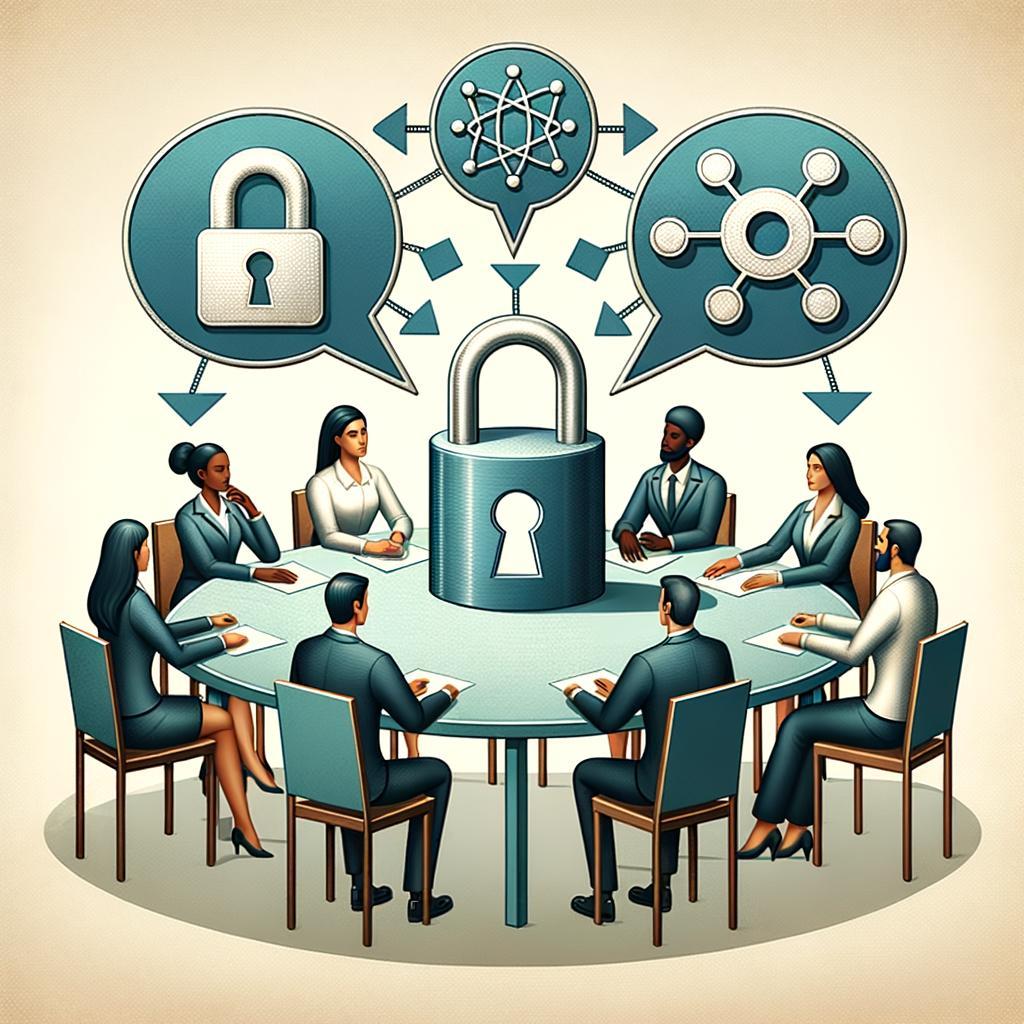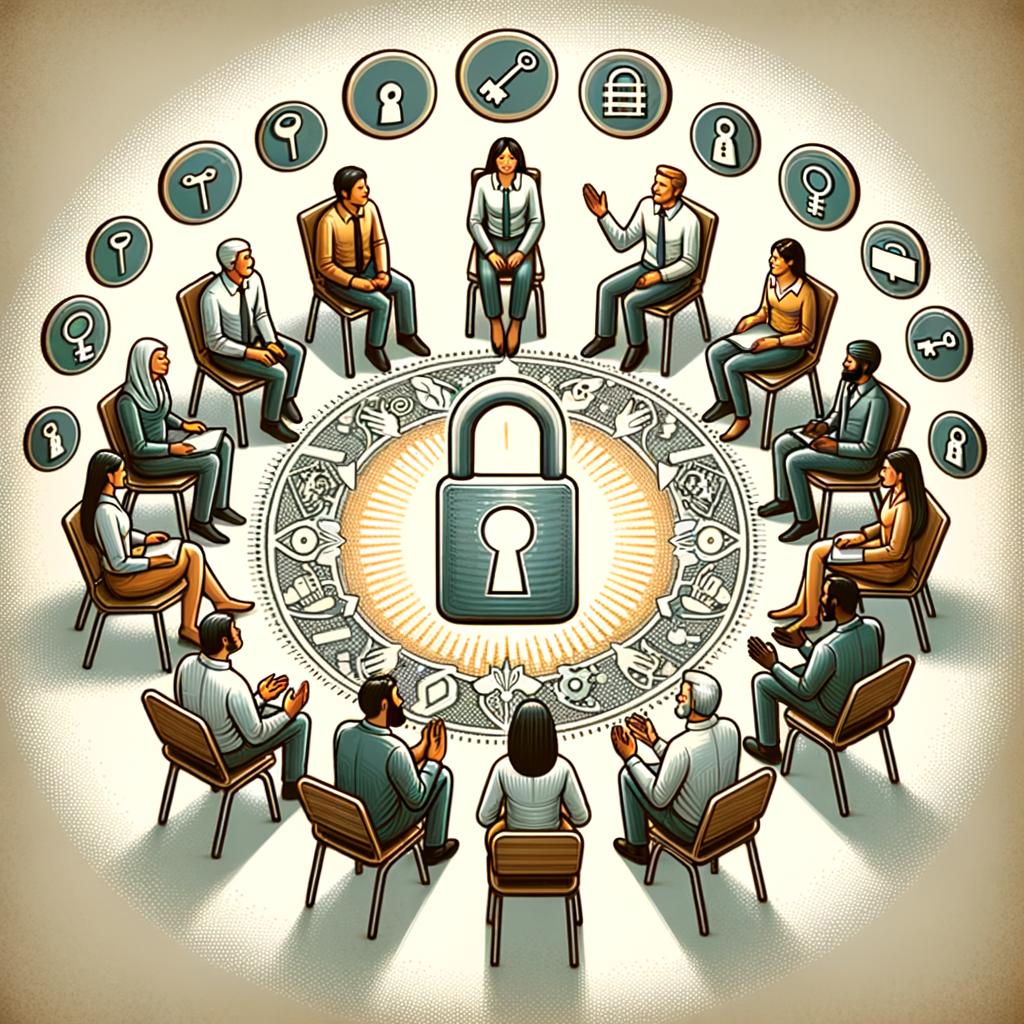In an increasingly interconnected world, the ability to communicate effectively has never been more crucial. Whether you are navigating the complexities of a corporate environment, building lasting relationships, or striving to convey your ideas with clarity and confidence, mastering the art of effective communication is the key to unlocking success. This article delves deep into the strategies and principles that can transform your interactions, enabling you to articulate your thoughts persuasively and connect with others on a meaningful level. From the fundamentals of active listening to the nuances of non-verbal cues, we will explore the essential elements that constitute effective communication and provide you with practical tools to enhance your skills. Join us on this journey to discover how you can elevate both your personal and professional life by becoming a more proficient communicator. The power to influence, inspire, and impact is within your reach—let’s unlock it together.
Effective communication is a cornerstone of professional growth, particularly in today’s rapidly evolving work environment. To truly excel, individuals must not only focus on conveying their own ideas clearly but also embrace the power of active listening and empathy. These skills foster deeper connections with colleagues, promoting an atmosphere where collaboration can flourish. Active listening, defined as fully engaging with the speaker and demonstrating understanding, can lead to enhanced problem-solving and improved team dynamics. Meanwhile, empathy enables professionals to appreciate diverse perspectives, paving the way for more inclusive decision-making and increased morale.
In cultivating these two vital skills, organizations can transform their workplace culture. By prioritizing training sessions that emphasize active listening techniques and empathy development, businesses can create a more harmonious environment conducive to innovation. Consider the following approaches to implement these strategies effectively:
- Role-Playing Scenarios: Engage employees in exercises that require them to listen actively and respond with empathy.
- Feedback Mechanisms: Establish systems for sharing constructive feedback, emphasizing the importance of understanding team members’ viewpoints.
- Emotional Intelligence Workshops: Organize sessions to help employees recognize and manage their own emotions while responding to others thoughtfully.
| Skill | Benefits |
|---|---|
| Active Listening | Enhances understanding, reduces conflicts, fosters trust |
| Empathy | Promotes inclusivity, improves moral, enhances collaboration |
Insights and Conclusions
mastering the art of effective communication is not merely a skill; it is a powerful catalyst for success in both personal and professional realms. As we have explored, the ability to convey ideas clearly, listen actively, and engage empathetically with others can transform relationships, foster collaboration, and drive innovation. The journey toward becoming a proficient communicator requires practice, self-awareness, and an openness to learn from every interaction.
Don’t underestimate the impact of honing this essential skill—whether you’re leading a team, negotiating a deal, or simply seeking to strengthen your connections with others. Take the time to reflect on your current communication practices and identify areas for improvement. By embracing these techniques and strategies, you can unlock new opportunities, inspire those around you, and ultimately pave your pathway to success.
Now is the time to take charge of your communication skills. Start implementing the insights shared in this article and watch as your interactions flourish, paving the way for personal growth and professional advancement. Remember, effective communication is not just about speaking; it’s about creating meaningful connections that resonate and endure. So, begin your journey today—unlock your potential and master the art of communication!






